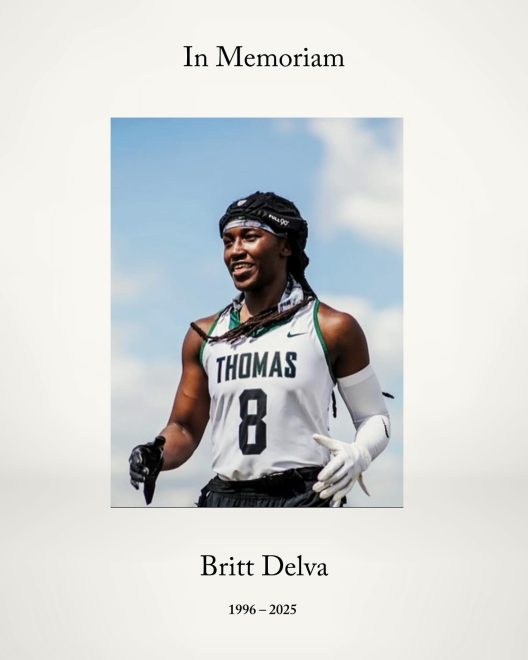Unknown civil rights hero paved the way for MLK
Published 9:06 am Thursday, January 16, 2025
I can’t believe Denzel Washington hasn’t played one particular early civil rights hero in a movie yet.
I also can’t believe how few people know about this unknown hero’s incredible accomplishments — achievements that paved the way for Martin Luther King Jr. and others to dismantle Jim Crow, the South’s legalized system of racial injustice.
So respected was this great American that MLK Jr. delivered the invocation at his funeral, and Supreme Court Justice Thurgood Marshall served as a pallbearer.
His name is John Wesley Dobbs.
Though his amazing life is documented in two low-selling history books and the New Georgia Encyclopedia, Dobbs has received no attention from the national media and remains largely unknown to the general public.
Born into poverty in 1882 in rural Kennesaw, Georgia, Dobbs’ parents were former slaves — his mother’s biological father was a slaveowner.
Smart and driven, Dobbs educated himself by reading constantly. Though he attended college briefly, he had to drop out to care for his ill mother, and never earned a college degree.
In his early 20s he passed the federal civil service exam and became a railway clerk for the U.S. Post Office.
For 32 years, he sorted mail overnight on trains from Atlanta, armed with a pistol. Rising to the position of supervisor — a remarkable feat for a black man in the Jim Crow era — he earned enough to support his family of six daughters as he gained respect in Atlanta’s African American community.
A gifted orator who memorized hundreds of poems and Shakespearean lines, Dobbs believed the best way to end Jim Crow was through the ballot box.
He tirelessly worked to register thousands of black voters in Atlanta and used his growing influence with the white Democratic power structure to get the city to hire its first black policemen.
It was in 1948 — at age 66 — that Dobbs risked his life to bring national media attention to the injustice 10 million blacks were suffering daily under Jim Crow.
Up North, a Pulitzer Prize-winning journalist from the Pittsburgh Post-Gazette named Ray Sprigle decided to go undercover as a light-skinned black man in the Jim Crow South for a month.
Teamed up with Sprigle by the NAACP, Dobbs guided and protected Sprigle during their 3,000-mile car journey. He introduced Sprigle to sharecroppers, lynching victims’ families and local leaders. They visited segregated schools and stayed in the homes of black farmers and doctors.
Sprigle, deeply moved and angered by what he saw and experienced, said he was ashamed to be an American.
As Bill Steigerwald details in “30 Days a black Man,” his powerful 2017 book about Sprigle’s mission, Sprigle’s powerful newspaper series shocked white readers in the North.
Time magazine praised Sprigle’s series. So did national black leaders and Eleanor Roosevelt. It was syndicated to about a dozen major newspapers from New York to Seattle — but nowhere in the South.
To protect Dobbs, Sprigle never mentioned him by name. The general public never found out about what Dobbs did until Steigerwald wrote about his story for the Post-Gazette in 1998.
Dobbs died in 1961 — the same week that Atlanta’s public schools were integrated. By that time all six of his daughters had graduated from Spelman College and gone on to become college professors, educators and community leaders. One of them, Mattiwilda, became a famous opera singer in Europe.
But Dobbs’ legacy extended even further: In 1974 his grandson, Maynard Jackson Jr., became the first black mayor of Atlanta.
It’s a shame few people are aware of the incredible accomplishments of this civil rights pioneer.
Like I said, I can’t believe Denzel Washington hasn’t played John Wesley Dobbs in a movie yet.
See Tom Purcell’s syndicated column, humor books and funny videos featuring his dog, Thurber, at TomPurcell.com. Email him at Tom@TomPurcell.com.





